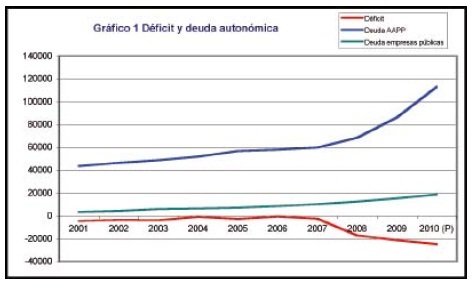LONDON | The era of innocence has long finished. If there ever were any chances that the newly elected government could use the myth of a Spanish decoupling from the Club Med, this is the sort of 10-year sovereign bond yields that Mariano Rajoy needs to bear in mind before telling the markets what is that he intends to do.
Because he now must uncover the programme whose details were hard to find during the election debates. Expectations are at an all-time high about his national debt cut plan and the austerity measures that will follow.
Mr Rajoy could do worse than listening to what British prime minister David Cameron has been saying of late in regards to the euro and the euro zone.
Of course, as the German tabloid Bild recently published,
“It is a fact: in the euro rescue, the British stand on the sidelines but in the island the European Union is vituperated in newspapers and by British politicians from almost all parties.
“The background of the British fear towards the EU is that Britain thrives thanks to the City of London, the largest financial market in the world. New EU rules could strangle the City.”
Bild also quoted the head of the CDU/CSU members of the European Parliament, Werner Langen, who declared
“Europe can work without Britain.”
To which the British tabloid Daily Mail said
“Do Germans want to save the euro or not?
Mr Langen is wrong, but bringing into the discussion tabloids and the classic British nationalistic euro scepticism would misrepresent at least one of the most consistent criticisms the UK has aired time and time again.
“The sense that the EU is somehow an abstract end in itself, immune from developments in the real world, rather than a means of helping to deliver better living standards for the people of its Nations.”
The European Union officials behave in a manner that could be best described as a middle way between absolutism and patronising. Its administration, although sucking vital taxpayers’ blood at a time of economic crisis, still feels remote and its lack of accountability is self-defeating. The consequences? As Mr Cameron said in his speech in the Lord Mayor’s Banquet last week,
“Think how the European Union, as it is tonight, looks to those with growing economies watching from Sao Paulo, from Delhi or indeed Washington. Not, as it should be, a place to admire and emulate… but a source of alarm.”
The centre-right People’s Party of Mr Rajoy should join the reticence that the British Conservative Party has always kept when confronted with a grandiose ideal, that of the European Union, based on insufficiently democratic structures. The euro and the United States of Europe have never been the problem, the lack of transparency and of accountability is.
Why would Mr Rajoy be well placed to understand the UK’s misapprehensions and build a bridge over the Channel? Spain suffers from the very same illness that affects the euro: the exemplary de-centralisation achieved after a 40-year military dictatorship has been marred by duplicities and lack of control. Traditionally, the party soon-to-step in power in Madrid has always been suspicious about handing out too many executive tranferences to the regions (not exactly for the right reasons, not completely freed from an obsolete vision of Spain that should rest in the eighteenth century). Nevertheless, the 2oo8 crash has exposed the autonomies‘ rot, and this Spanish paper explains why:
“The economic crisis has had a direct impact on regional accounts, which can be seen in the fall of available budgets and the rise in debt levels.”
In 2003, Spain’s autonomous administrations were in charge of 1,564 public institutions and departments, some of them linked to real estate and construction activity; by 2009, the number was over 2,000. The mechanisms through which the regional budgets have assumed some expenses is legally dubious, and their management clearly is inefficient.
Here’s the actual decoupling worth having an argument: from 2007 onwards, the autonomous governments’ debt has rocketed and auditor Eloy Morán says
“There is no information available about the risks that regional governments have taken on.”
What were the statutory limits to those financial risks? What is the volume of resources autonomous administrations have poured in? How to fill the gap and stop it spiralling? This is a story that unfortunately mirrors that of the European Monetary Union.
For aspirational endeavours to live on, blind beliefs must be abandoned and the corruption hidden behind them is to be tackled once and for all.






Be the first to comment on "Mariano Rajoy should listen to why David Cameron won’t join the euro"